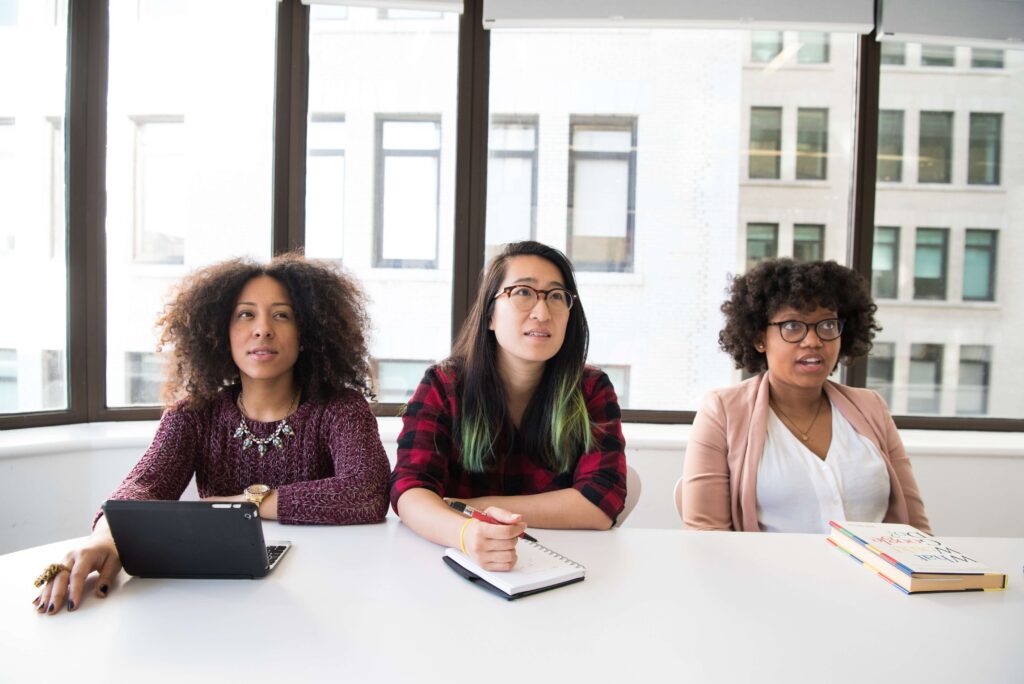While pursuing a PhD can be very rewarding, it can also be quite isolating. With long hours of studying and research, finding time to socialize and make friends is challenging. Unlike undergraduate programs, which offer many social events, graduate programs typically do not offer as many. Despite these challenges, it is crucial to make an effort to build connections with others in graduate school. This can help you feel more supported, foster a sense of community, and make the experience more enjoyable overall. In this article, I will discuss how graduate students can feel less alienated, even though we lead busy lives.
Starting a PhD program is daunting enough, but to do so in a city I had never visited before, where I did not know anyone, and during COVID-19, added to the chaos of it all. I relocated to Miami, Florida, in August 2020 to begin my degree in International Relations. Given the pandemic, all classes were held remotely. Between attending Zoom classes and studying, I would walk around my university, which, at that time, was a ghost town. Since I did not have roommates, I knew it was vital to not isolate myself completely, even though there was a pandemic and studying took up much of my time. I tried to find ways to connect with the other students in my program as best I could. Although classes are now being held on campus, I believe it is still necessary to find ways to connect with others outside of class. As graduate students, we are so busy that it is far too feasible to spend many hours alone.
Student-Run Groups.
One of the ways I have become active at school is through my department’s student-run graduate organization. With this group, we host events pertaining to our field, which is a great way to become friends with the other students in your program. Our student-run organization has held “Welcome Back” events at the beginning of the semester, orientations for incoming students, and workshops for graduate instructors, just to name a few. Throughout the semester, we also hold accountability writing sessions where we get together to work on anything ‘school-related’ rather than studying alone. These sessions have been held in person and via Zoom, so people can still attend even if they do not live near campus.
Another advantage of participating in student-run graduate organizations is that it provides an opportunity for you to get to know professors. This way, they can put a face to a name. It is especially important for graduate students to know professors in their department because they can provide research advice, inform you about workshops or conferences, write recommendation letters, or ask you to co-author a research article, which can help get your name out there.
In addition to the activities hosted by the student-run groups from your department, groups in other departments often hold events in which students from all fields of study are invited to attend. Within International Relations, my area of expertise is East Asia, so I enjoy attending events related to that part of the world. Student-run groups have organized events on East Asian calligraphy, held K-Pop workshops and karaoke night, celebrated Lunar New Year, and shown East Asian films. By attending events such as these, it provides me an escape from reading articles or writing papers while also meeting other students who are interested in many of the same things that I am.
As much as I would like to attend events more often, my schoolwork keeps me occupied. Still, there are ways to feel less lonely even while studying. Two suggestions for not feeling so isolated:
1) Study in the library.
The library at my university has two quiet floors for students to study.
Although you are not permitted to talk on these floors, just being there is a great way to be around people.
2) Form study groups.
This is particularly useful when studying for comprehensive exams. As I was studying for my exams over the summer and had returned to my home state during this time, I was unable to form a study group. However, I do believe it would be beneficial when studying for exams or even when working on a research paper to form a group, as your peers can provide feedback.
I passed my comprehensive exams almost three months ago, which means I am no longer enrolled in classes. Therefore, it is essential that I find ways to spend time with others, or else I would spend too much time in isolation. Finding something to look forward to is important as well. Every Wednesday, I meet with one of my friends after she gets out of class. At the moment, she is studying for her comprehensive exams, which she plans to take in April. During our meetings, I have given her advice on taking the exam. We have also discussed my dissertation proposal that I am currently working on, which has been helpful.






